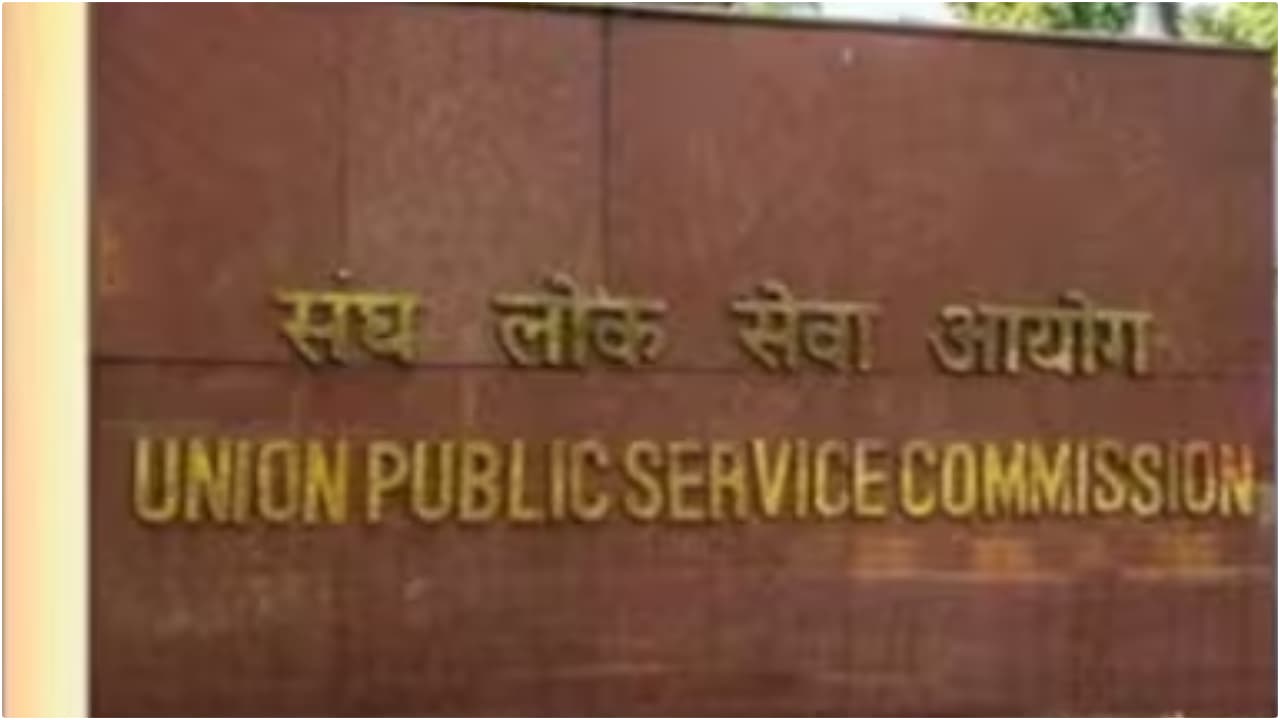Learn how to become an IAS officer without clearing the UPSC exam. Learn about alternative routes like promotion from State Civil Services (PCS), lateral entry for experts, and special government appointments.
IAS Officer Without UPSC: The Indian Administrative Service (IAS) is widely regarded as one of the most prestigious government careers in India. Every year, millions of aspirants set their sights on becoming IAS officers by attempting the UPSC Civil Services Exam, known to be one of the toughest competitive exams in the country. But is cracking the UPSC the only path to becoming an IAS officer? Surprisingly, the answer is no. While it’s the most common route, there are exceptions. Read on to find out how.
Becoming an IAS Officer Without UPSC
How to Become an IAS Without Clearing UPSC?
Promotion from State Services (PCS)
This is the most common alternative route to becoming an IAS officer. Provincial Civil Services (PCS) officers, selected through their respective State Public Service Commissions (State PSCs), can be promoted to the IAS after years of dedicated service and consistently outstanding performance. PCS officers typically begin their careers in roles such as Tehsildars, Deputy District Magistrates, or other district-level administrative positions. Promotion to the IAS generally takes 15 to 20 years, depending on performance and seniority.
The promotion process involves a thorough review and requires the approval of the State Government, Central Government, and the UPSC, making it a rigorous but respected path to the Indian Administrative Service.
Lateral Entry
The lateral entry scheme aims to bring in subject matter experts from the private sector, academia, and technical institutions to strengthen policy-making by adding diverse perspectives beyond those of traditional career bureaucrats. Under this initiative, highly qualified professionals are appointed to senior roles such as Director, Joint Secretary, or even higher positions within various ministries and departments. These appointments are made on a contractual basis, but the responsibilities and authority granted are equivalent to those of IAS officers, allowing these individuals to directly contribute to governance and administrative reforms at the highest levels.
Appointments to IAS in Special Circumstances
In rare and exceptional cases, the government may induct individuals into the IAS who have made outstanding contributions in their respective fields—such as Defence Services, scientific research, or technical expertise. These appointments are not through a standard exam but are made based on special recommendations and at the discretion of the government. While clearing the UPSC Civil Services Exam remains the most well-known and structured route to becoming an IAS officer, it’s not the only one.
Opportunities also exist through state service promotions, lateral entry, and exceptional appointments under specific circumstances. This means that individuals with the right experience, skills, and domain expertise can still reach top administrative positions—even without cracking the UPSC exam—playing a meaningful role in governance and public service.
